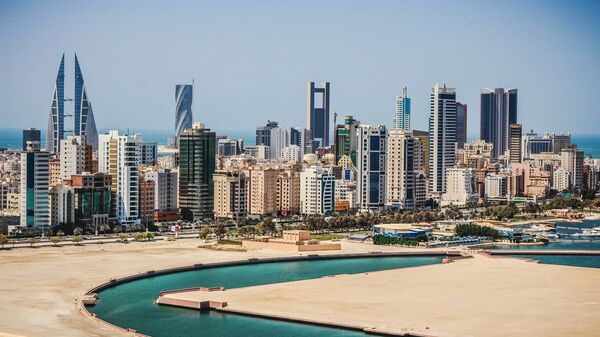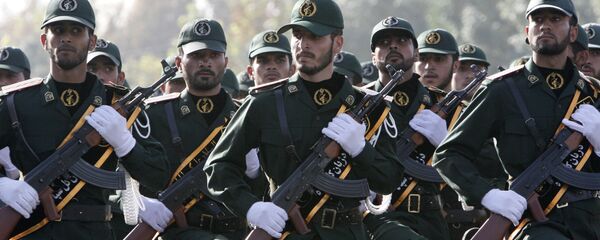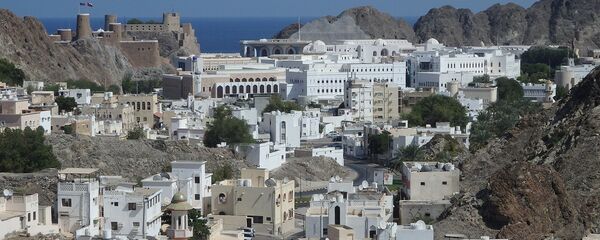Sputnik discussed the statement with Luciano Zaccara, a research assistant professor in Gulf politics at the Qatar University Gulf Studies Center.
Sputnik: Now realistic are Bahrain's Foreign minister's projections that the Gulf security alliance will be set up by next year?
Luciano Zaccara: Well, I think it's a little bit premature to say that it's possible to set up the alliance, it's true that they are working, they have to have this GCC-US summit in Kuwait in January or at the beginning of the year but it's not confirmed yet.
First of all, we have a blockade here in Qatar that hasn't been solved, any airport connected by the US, by Kuwait was not successful even though there were some rumors last week that for the first time Qatar Emir and Sheik Mohammed bin Salman had a direct phone conversation but it was not confirmed by any source, so I would say that it's very premature.
Sputnik: So the Bahraini minister says that this kind of an alliance is going to help the Gulf remain a stable place, a pillar of stability, in your view what will be the actual impact of that presence in the region given the turmoil that the region has seen.
So I'm not quite sure if the two objectives could be in the same kind of agreement, this is a military agreement, it has nothing to do with the stability of the regimes unless there's something else that's not mentioned in the agenda… things that they want to discuss.
READ MORE: Bahrain Calls for Freezing Qatar's Membership in Gulf Cooperation Council
Sputnik: To what extent are all the nations in the region in agreement on the necessity and how this alliance should be like?
Luciano Zaccara: Well that's the point. I don't think there's an agreement so far. Moreover, when the perceptions are still different and some of them are even confronting each other, Saudi Arabia, Emirates and America consider the Muslim Brotherhood as the main enemy or it's a threat to the stability of the Saudi Kingdom and Emirates.
One of the main problems is that the Saudi's have they don't want countries of the GCC to have a good relations with Iran, this is also controversial news, even Emirates have one of the biggest trade relations within the GCC with Iran and Oman, Kuwait and Qatar have no problems with Iran. Saudi Arabia and maybe some other countries are trying to import their criteria together to the other states to make up an agreement to define mutual threats internally and externally for the stability of the six markets.
READ MORE: Anti-Qatar Measures Benefited Situation in Arab States — Bahrain Diplomat
I don't think there's going to be in agreement very soon. We have a blockade here in Qatar in which Saudia Arabia and Emirates put their 13-demands, principals and these principals are incompatible with having an alliance that's clearly defining which are the threats that are threatening the stability of the six markets and I don't see how it's possible to have an agreement.
Sputnik: Some experts have called this basically an Arab NATO, do you agreed that this is in fact what it is trying to be? And what do you think Tehran's response is going to be to this creation of this body when it does happen, if it does happen?
Luciano Zaccara: The Iranians are not very enthusiastic with the idea, of course, but they're not very worried about that.
They see that there are differences within the states, they consider that there are a lot of issues that they need to solve first before confronting Iran and some Iranians consider that it's not about Iran and GCC, it's not about Iran necessarily.
It's about this deal that's now on the table to be discussed, so far I've talked to a lot of Iranian colleagues and they're not so worried about the deal, they're not surprised by the new initiative that includes the United States, because it's always been the protector of the six monarchies and they're not surprised that Trump has opened this idea after Obama.
The views expressed in this article are those of the speaker, and do not necessarily reflect those of Sputnik.




